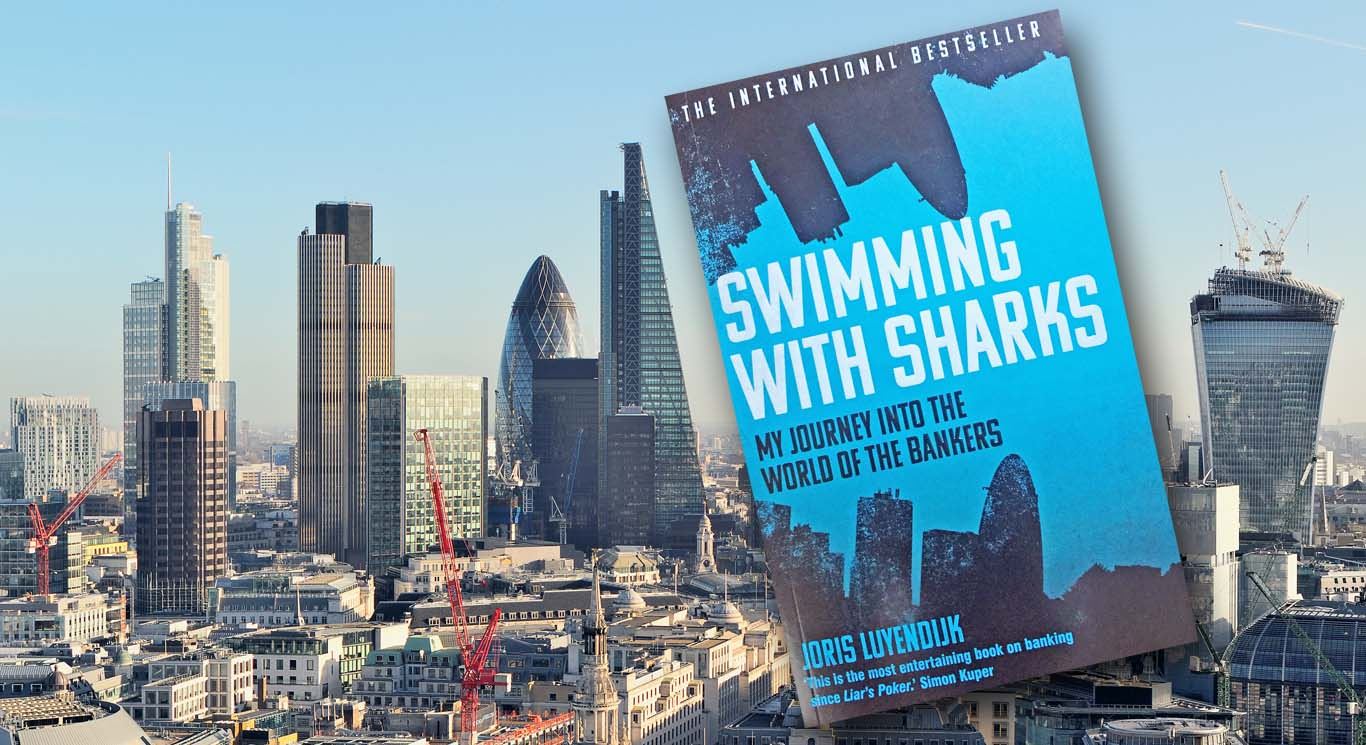
Have you ever wondered, looking out over London from Parliament Hill, what is going on in these shiny glass towers in the City and Canary Wharf?
For over two years I interviewed financial workers in the City for a blog for the Guardian and it is not pretty.
I expected to find coke-snorting, whoring and gambling addicted psychopaths on the model of the Wolf of Wall Street, Cityboy or some other creepy Master of the Universe cliché. But it was far worse.
Financial workers are not monsters, though of course there are monsters in finance, too – I’m told even NW5 is not entirely free of them. The real problem with finance, however, is not the people but the truly monstruous organizations they work for.
The so-called ‘front-office’ bankers spend the first ten years of their career working almost every waking hour while fighting permanent sleep deprivation. No wonder almost everyone in London can mention a friend they have lost to ‘banking’: there is this point when your friend cancels at the very last moment your appointment to go out for the 15th time in a row that you decide: perhaps you and I should be going our seperate ways.
Yes, these young bankers make double what the rest of us make, but then they work double the hours. And everybody outside finance hates them. Plus: they can be fired in five minutes. No prior warning and as the message is delivered, your phone and work email simply stop working. A security guard escorts you to your desk with nobody allowed to talk to you anymore.
‘Executions’, insiders call these sudden dismissals. There is also the ‘cull’ when by the end of each year so-called ‘topbanks’ fire a few percent of their staff – regardless of how profitable the year was. And then there are waves, every three to six months, when headquarters decides to ‘let go’ a percentage of staff.
If that is the life of a Master of the Universe, I’d rather be a Servant of the Universe. Which is of course what I am, a struggling Dutch writer trying to survive in North West London a few decades after this was a cheap and bohemian place for European emigrées.
Why would you want to read about those poor bankers? Well, the banks are far more dangerous than you think. When in September 2008 the American bank Lehman Brothers collapsed and the ‘worst financial panic since the 1930s’ broke out, you and I may just have lived our lives but City bankers were freaking out. Calling their partner to prepare the children for evacuation. Hoarding food, or gold. By some accounts some were even stocking up on guns.
That is how dangerous today’s global finance sector has become; when a really big bank crashes in an unforeseen way, it can take society with it. Now imagine that the people working there can be out of the door in five minutes? Why would they treat their bank any better than the banks treats them?
If Shakespeare had lived today, his plays would have featured not kings but bankers because that is now where the real drama is. Finance is the new politics.


